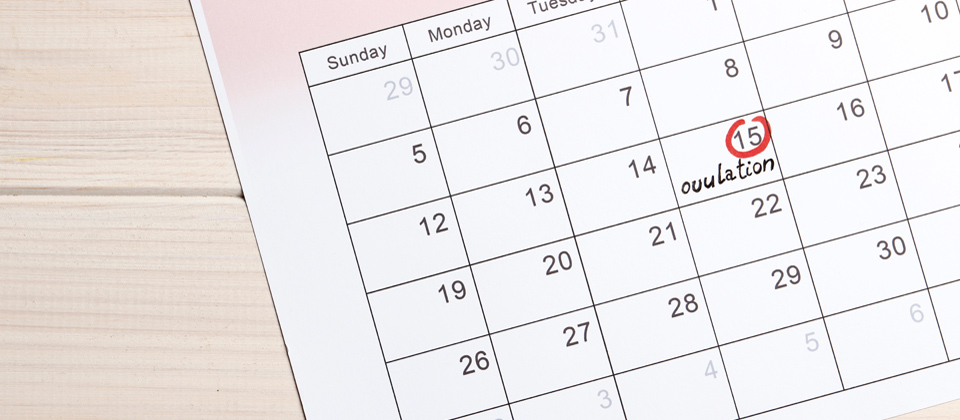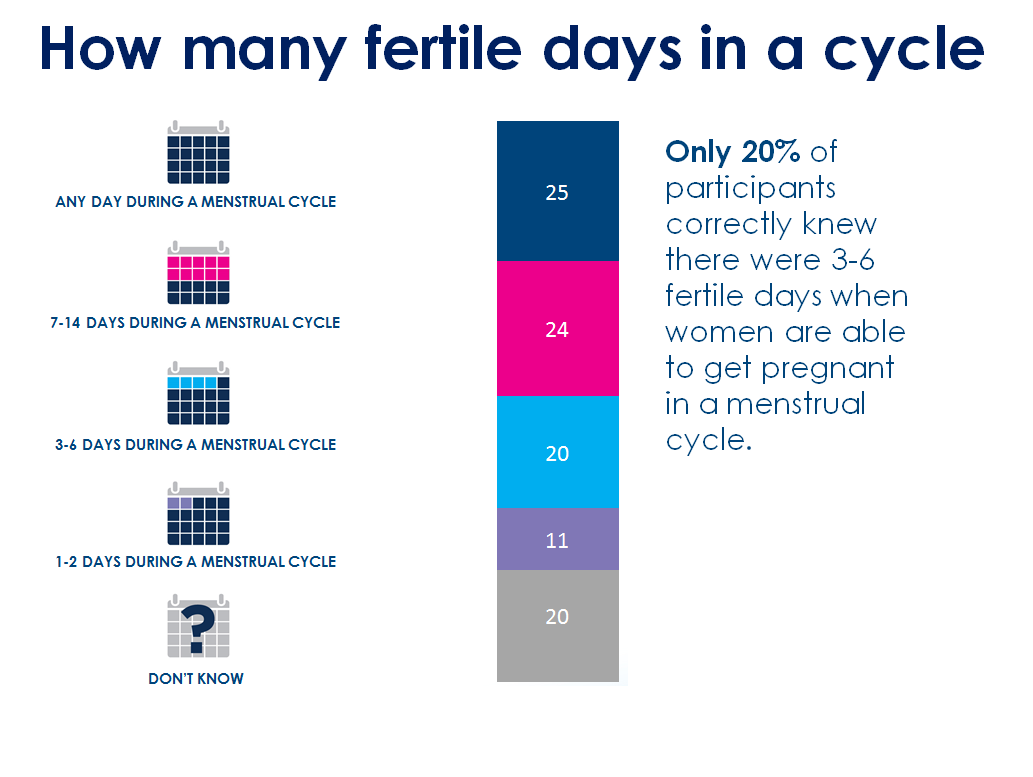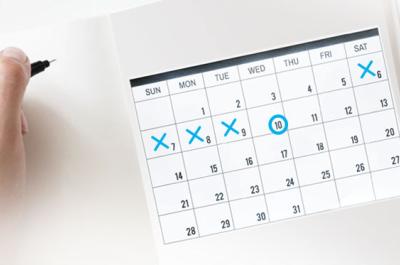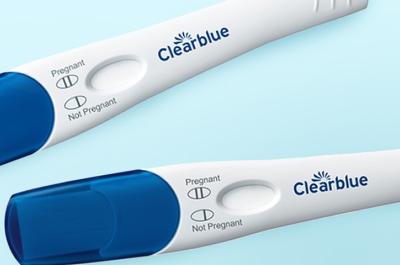When are you most fertile?

In this article
- Only 20% of women in the US know when they are most fertile.
- How many days during the menstrual cycle is a woman fertile?
- It is difficult to know when you are ovulating because most women’s cycles are not "average"
- Why is the day you’re ovulating different to your fertile window?
- How does this research affect you?
- My doctor told me…
Only 20% of women in the US know when they are most fertile.
At the 2019 American College of Gynecology's annual meeting in Nashville, Clearblue® with Professor Michael Zinaman, Department of Obstetrics & Gynecology and Women's Health talked about women’s understanding of fertility and how American women feel about trying to get pregnant1. Highlighting that there is a clear gap in America’s fertility knowledge:
“This survey found a basic gap in fertility knowledge for many US women,” lead author Professor Zinaman, said. “Especially worrying was the proportion of these women who believed that pregnancy was possible following intercourse on any day of the cycle.”
How many days during the menstrual cycle is a woman fertile?
What this new research shows is that many women poorly understand their own fertility.
From the 1000 surveyed American women, the answer to the question, “How many days during the menstrual cycle is a woman fertile?” was surprising:
- Just 20% knew the right answer (3-6 days per cycle)
- 25% believed that pregnancy is possible following sex on any day of the cycle. Younger women are even more likely to believe this. 38% of respondents aged 20–24 years (n=138) selected this option.
You might be among those who thought that pregnancy is possible following intercourse on any day of the cycle, but it isn’t.

It is difficult to know when you are ovulating because most women’s cycles are not "average"
There are only a certain number of days in each cycle where unprotected sex can lead to conception. Another important fact is that every woman’s cycle pattern is unique and your cycles can vary month to month. This fact means that one woman may ovulate on week, another the next, so your fertile window is very personal to you.
Incorrect timing of intercourse is a key reason for failing to conceive.2,3 Since we are often told at school or by others that a typical cycle is 28 days long, we come to believe that ovulation occurs on day 13 or 14 of the cycle. The reality is that your cycle length will vary between women, and even between cycles. In fact, 46% of menstrual cycles vary by seven or more days.4
Why is the day you’re ovulating different to your fertile window?
Just before your peak day (ovulation day), when your egg is released, there is a surrounding fertile window when your chances of getting pregnant are high. This window lasts for about six days leading up to and including your ovulation day and combines the lifetimes of your egg and your partner’s sperm.
Your egg only lives for about 12 to 24 hours once it's released. Sperm cells can be ‘live’ in the reproductive tract for up to five days (sometimes seven).
So, if you put these two together you've got a window of about six days when you're more likely to conceive, with a peak day when you are ovulating.
Timing intercourse to hit these fertile days gives you the best chance of conceiving, and not doing so is one of the main reasons for not falling pregnant.
How does this research affect you?
The sooner you start learning about your fertility, and understanding your menstrual cycles the better prepared you will be when it comes to trying to conceive.
While you are trying for a baby, knowing when your fertile phase is and targeting your best days for baby making will mean giving yourself and your partner the best chance to achieve a pregnancy.
Knowing that conceiving might take time also helps. If you’re under 35 and in good health, it’s considered perfectly natural for it to take up to a year. If you are older, it might be longer. And if you’re 40 or over it is advisable to go and see your doctor as soon as you decide to try for a baby.
It can be reassuring to know too that you are not alone, confusing advice and a lack of quality information affects women the world over: In a recent study from the Royal College of Obstetricians and Gynecologists5 86% of women said they find all the information from different sources contradictory and 49% percent have worried about their own fertility.
My doctor told me…
761 of you talked about your behaviors when trying to conceive, especially where you found information. The most common place you looked was the internet (47%) followed by your doctor (38%).
Reassuringly, among those of you actively trying at the moment almost all (97%) said that your partners were interested in being involved in trying for a baby.
Your most common “trying to conceive plans” were to live a “healthier life” (74%) and “track your cycle” (58%)
If you want to know more visit our How to get pregnant pages, or get in touch with us on Facebook and we will do our best to answer your questions.
Declaration of interest
This study was funded by SPD Swiss Precision Diagnostics GmbH, the manufacturers of Clearblue® pregnancy and ovulation tests. Professor Michael J. Zinaman, MD FACOG FACS, Professor of Obstetrics and Gynecology, Albert Einstein College of Medicine.is an advisory board member for SPD Development Company Ltd.

Looking for insights on your health journey? Clearblue® sends you curated, science-backed articles right to your inbox.
- Zinaman, M.J., Johnson, S., Foster, L., Zanzi, G. and Mollard, C., 2019. Fertility Knowledge of Women in the United States [6M]. Obstetrics & Gynecology, 133, p.141S.
- Johnson S, Marriott L, Zinaman M. Can apps and calendar methods predict ovulation with accuracy? Curr Med Res Opin 2018; 34: 1587–1594
- Roos J, Johnson S, Weddell S, et al. Monitoring the menstrual cycle: Comparison of urinary and serum reproductive hormones referenced to true ovulation. Eur J Contracept Reprod Health Care 2015; 20: 438–450
- How regular is regular? An analysis of menstrual cycle regularity Creinin MD., et al. Contraception (2004) 70:289-92.
- Confusing fertility advice sparking unnecessary worry among UK women_RCOG_2019




